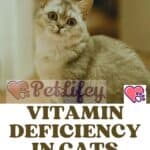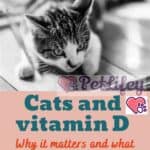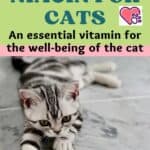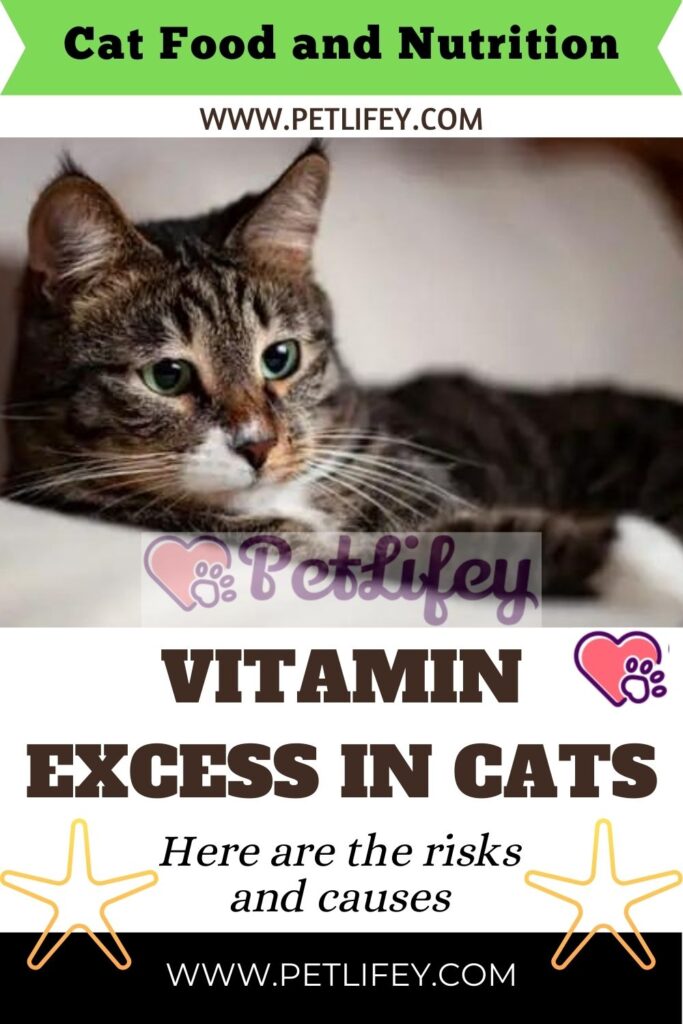
If we see the cat down, we are tempted to help them with some supplement. But beware of excess vitamins in the cat: here’s what to know about it!
Proper nutrition is the basis of a lifestyle that ensures the cat all the well-being it needs. When we talk about food, however, we usually think always and only of nutritional deficiencies and never of excesses, which are just as dangerous. One of the most common is excess vitamins in cats.
Not DIY
Vitamins are an essential component in every cat’s diet (and for its health). Obviously we are talking about a very heterogeneous group of this food component: the vitamins are many, and some are more important than others for the feline, such as A and B for example.
It is very important, when it comes to the health of our furry friends, to understand that we cannot play the role of the doctor without having the skills. So never a DIY diagnosis, even in the hypothesis in which you are sure that the cat has a given pathology because it has already had it in the past.
A symptom could be related to multiple diseases, and therefore not necessarily to what you think. If you see the cat down in tone, it is not necessarily due to a food deficiency.
The causes of excess vitamins in the cat
It is not easy to understand when the cat is taking a certain vitamin in excess: the symptoms, as we will see, can be very different from each other, depending on the vitamin that has been improperly administered.
However, the causes can be basically two: the cat’s diet is not correct, or you are making them take unnecessary food supplements. Nothing could be more wrong: excess vitamins are just as harmful as vitamin deficiency in cats.
Symptoms
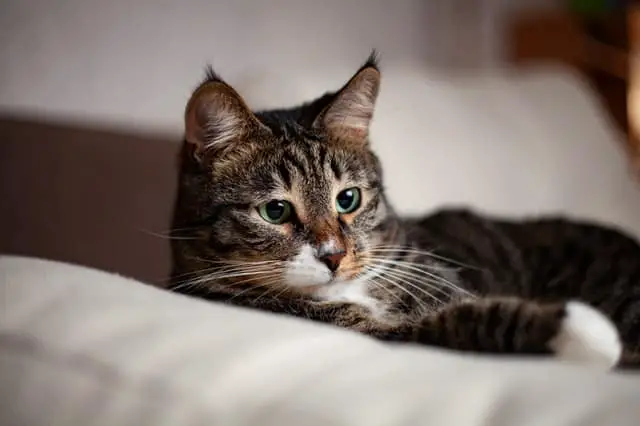
As mentioned above, vitamins are a very heterogeneous category, so the symptoms related to an excess of intake can be very different from each other, depending on the substance in question. Let’s see together the most common:
- Vitamin A: It is mainly present in fish (in particular in cod liver) in milk and white meat, especially chicken. Excessive intake of such a vitamin can cause weight loss in the cat (up to anorexia), accompanied by lethargy and constipation, up to difficulty walking in severe cases. If it occurs during the development of the kitten, its bone development may be impaired;
- Vitamin B: It is a substance that the cat can take both from meat and from cereals and vegetables and is particularly beneficial for the skin and coat of the animal; on the contrary, however, an excessive amount can manifest itself with severe neurological symptoms;
- Vitamin D: it is a substance present in fish (especially cod), milk and eggs, and it also has a very important role in the development of the cat. The symptoms related to excessive intake can be really many: ranging from diarrhea to vomiting in the cat, as regards the less serious symptoms, up to anorexia, polyuria and problems with the cat’s skeleton.
The therapeutic treatment will be different, depending on the excess vitamin given to the cat. It is good to admit the mistake and speak frankly to the professional, in order to speed up the time of diagnosis and start treatment as soon as possible.

